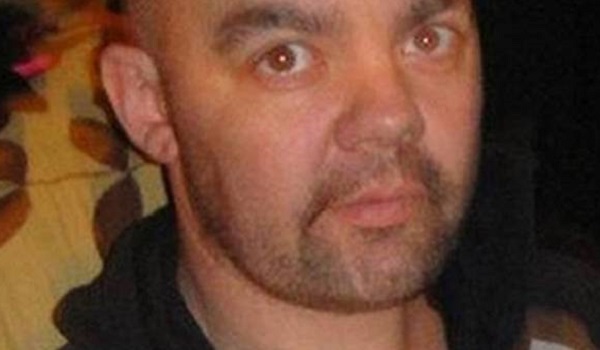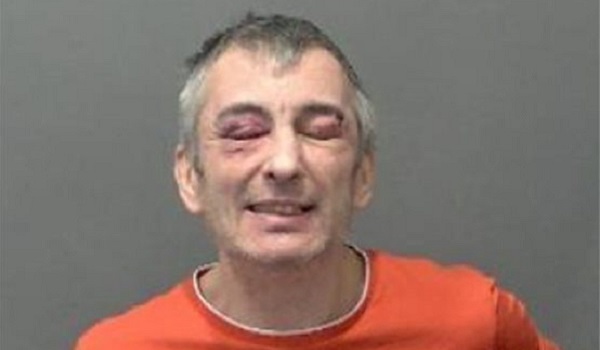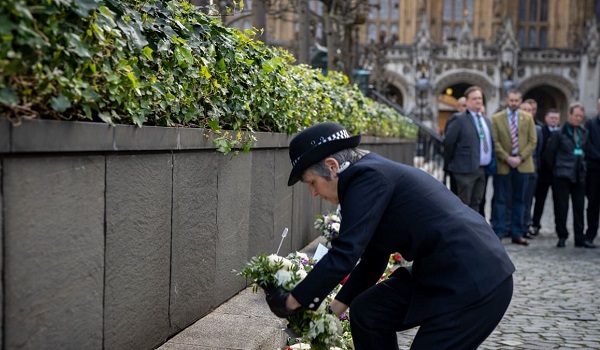Fatal shooting inquiry criticises GMP firearms operation leadership
The fatal shooting of an unarmed man by a police marksman could have been avoided if senior commanders had competently organised a firearms deployment, a public inquiry has found.
Anthony Grainger, from Salford, was killed on March 3, 2012, when he was shot in the chest by a single bullet as he sat behind the wheel of a stolen red Audi in a car park in a village near Warrington.
Both Mr Grainger, aged 36, and one of his two passengers, David Totton, had for some weeks been the subject of a GMP inquiry – Operation Shire – which was investigating their suspected involvement in commercial robberies.
At a hearing at Liverpool Crown Court in 2017, speaking from behind a screen to protect his identity, the officer who fired the fatal shot and identified as Q9 said he believed Mr Grainger had reached down as if to grab a firearm. However, the inquiry heard that no firearms were found on Mr Grainger or in the stationary vehicle.
A 345-page report written by Judge Thomas Teague QC and published today (July 11) details how the police operation which led to his death was based on ‘seriously misleading’ intelligence and led by commanding officers who were not ‘occupationally competent’.
“Q9 shot Mr Grainger in the honestly held belief that he was reaching for a firearm with the intention of discharging it at Q9’s colleagues. That belief was, however, incorrect. Had they planned, briefed and conducted the deployment competently, Q9 would have been less likely to misinterpret Mr Grainger’s actions and might not have shot him,” said Mr Teague in his report.
Mr Grainger’s partner, Gail Hadfield-Grainger, said his death could have been prevented had it not been for a “litany of catastrophic failures” by GMP. She said she had requested a meeting with Home Secretary Sajid Javid and described her partner’s death as a national scandal.
Outside the court Grainger’s mother, Marina Schofield, said she wanted officers to be held to account for her son’s death and confirmed that her legal team had contacted the Crown Prosecution Service (CPS) to examine whether criminal charges could follow against at least four senior police officers.
A GMP spokesperson said: “We have received the public inquiry report into the death of Anthony Grainger and we are considering the findings of the chairman, HHJ Teague QC.
“In his report, the chairman has made a number of findings which are critical of GMP. The criticisms are wide-ranging and include criticisms of aspects of the planning and preparation of the firearms operation during which Anthony Grainger lost his life.
“The force, our commanders, and our officers do not set out on any policing operation with the intention of firearms being discharged. This case was no different and the safety of the public, the subjects of police operations and our officers is, and remains, our absolute priority.
“That being said, we undertake to consider each and every one of the chairman’s findings and criticisms with the utmost care, attention and reflection. It is what the public would expect GMP to do in circumstances where criticisms have been made of the planning and preparation of a police operation in which a young man lost his life. It is what GMP will do.
“Working alongside our regional and national partners, we will consider all of the chairman’s recommendations to assess what more can be done now, and in the future, to further improve the safety of police firearms operations.
“Many changes have already been made locally, regionally and nationally since the death of Anthony Grainger in 2012, most recently following an independent review conducted by the College of Policing. We will continue to strive to maximise the safety of all policing operations.
“We will not comment any further until we have had an opportunity to read the chairman’s report in more detail.”
This is the second inquiry into the death of Mr Grainger to have taken place since the shooting. In 2013, an inquiry by the then Independent Police Complaints Commission, now the Independent Office for Police Conduct (IOPC) concluded there had been 16 failings in the firearms operation and stated that the police marksmen involved had “conferred over witness statements”.
The inquiry also heard that some of the notes written by Steve Heywood, an assistant chief constable who retired from the force last year, had been written after the shooting, leading to a “false impression” of intelligence.
In November 2018, the CPS said there was insufficient evidence to bring a criminal prosecution against Mr Heywood, but the IOPC said he had a case to answer for gross misconduct.







